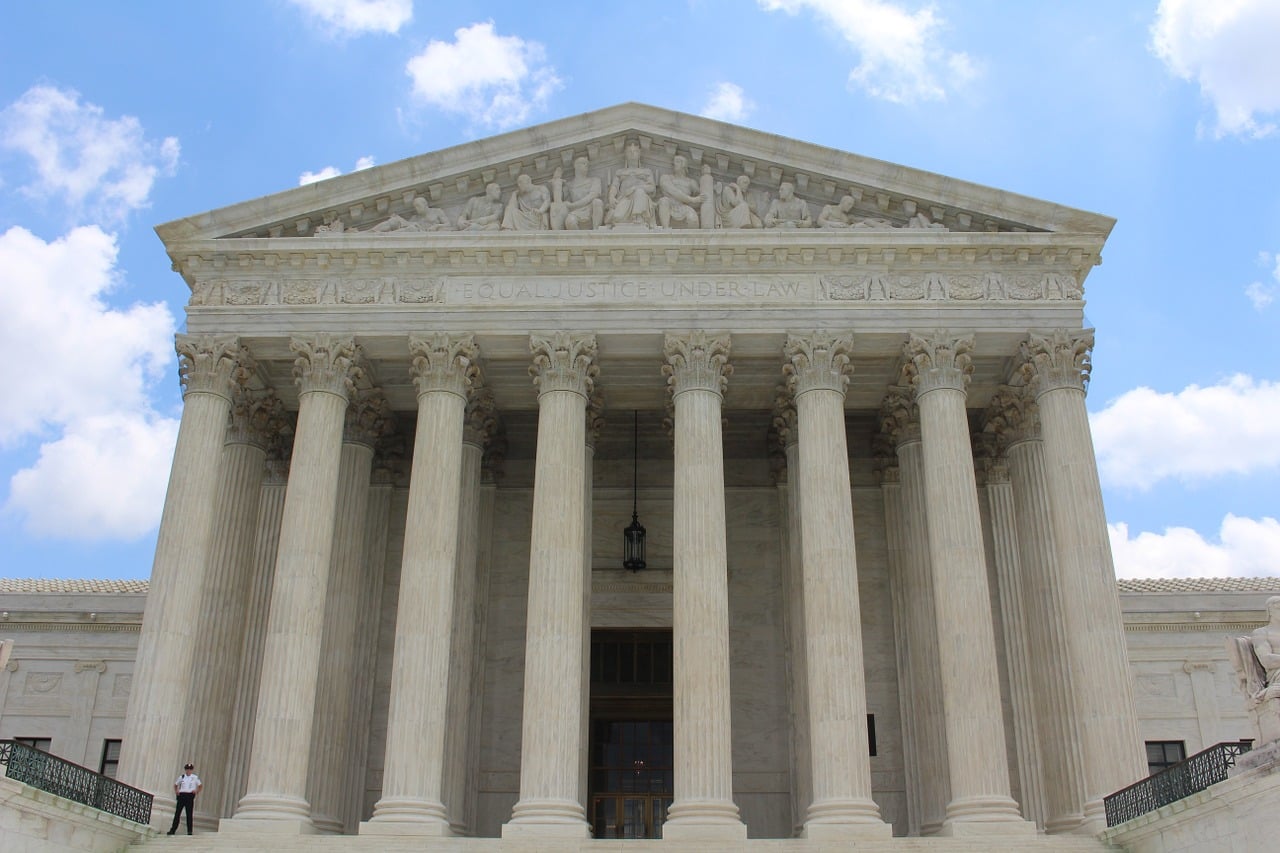Building-Collapse Suits May Have to Target Individual Board Members; Individual Board Members Have a Fiduciary Duty to Take Reasonable Care
Q2 2021 hedge fund letters, conferences and more
Suing The Individual Board Members Of The Condo Association
WASHINGTON, D.C. (July 29. 2021) - Although plaintiffs’ lawyers say it would take about $1 billion to fairly compensate all the victims of collapsed Champlain Towers building and their families, the limit on the insurance policies of the condo association is only about $50 million. Indeed, as an involved judge noted, the insurance “will obviously be inadequate to compensate everyone fully to the extent of their horror."
Moreover, potential lawsuits against the original builders, contractors, architects, engineers and many others involved with the 40-year-old building may well be barred by statutes of limitation which, in Florida, typically are 2 to 4 years for alleged negligence.
For these reasons, individual board members of the condo association may have to be sued, especially if they have significant assets (including insurance coverage such as umbrella policies), warns public interest law professor John Banzhaf. Already, the Champlain Towers South condo association has been placed into receivership.
Professor Banzhaf is famous for developing winning civil law suits - including over $12 million from McDonald's over its french fries, and against Spiro Agnew to recover the money he took in bribes - and has been called "a Driving Force Behind the Lawsuits That Have Cost Tobacco Companies Billions of Dollars," "a King of Class Action Lawsuits," "The Law Professor Who Masterminded Litigation Against the Tobacco Industry," and an "Entrepreneur of Litigation, [and] a Trial Lawyer's Trial Lawyer."
While it is too early to say definitively what caused the Surfside, Florida, building to suddenly collapse, it does seem clear that lack of maintenance was at least one of the causes; and the law recognizes that a given accident may have several causes; all of which can then be held liable as a legal cause of the harm claimed, explains the law professor.
Thus, any failure to act reasonably to maintain the building could create potential legal liability for some board members.
HOA Members Have A Fiduciary Legal Duty
Home owner association [HOA] members have a fiduciary legal duty - as well as a legal duty of care - to the individual owners, whether that owner occupies an apartment, rents it for revenue, or simply holds it for appreciation.
To meet the duty of care, HOA board members must be sure that the decisions they make are informed, and that they acted in a prudent and reasonable manner; basically by exercising sound business judgment.
Where, as in most situations, they lack the requisite skill and knowledge to make informed judgements - e.g., when and to what extent repairs and maintenance may be necessary, the degree of danger various problems may present, etc. - they may, of course, rely on the opinions of independent experts.
But it also then follows that they cannot simply fail to act promptly and effectively on warnings from such independent experts and substitute their own judgment, especially in situations in which a recommended action is expensive and might not seem to be pressing, at least to a lay person with no construction or building knowledge and experience, explains Banzhaf.
While many HOA officers and directors are apparently covered by $1-million insurance policies, this may not be enough in some circumstances, so plaintiffs could seek to collect from the directors' personal assets and/or insurance, particularly if the owners are wealthy, says the professor.





